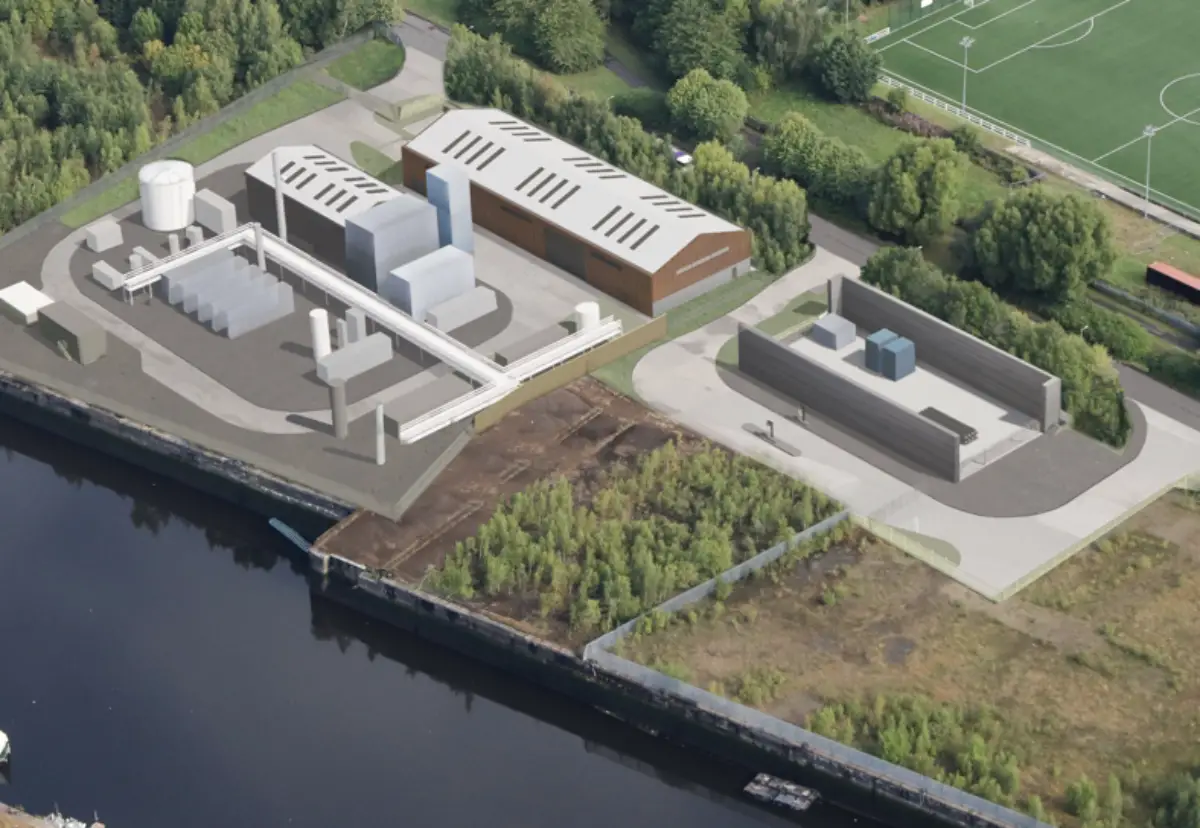Plans for a plastic to hydrogen plant in Scotland, an innovative £20 million facility to convert waste plastic into hydrogen and help the United Kingdom achieve net-zero energy have been approved. Peel NRE, a subsidiary of Peel L&P, has been given permission by West Dunbartonshire Council to construct the plant at Rothesay Dock on the north bank of the River Clyde.
It is the second planned facility of its kind, with the first set to open this year at Peel NRE‘s Protos site in Cheshire near Ellesmere Port. Construction in Scotland is expected to take about 15 months. The 13,500-tonne facility will employ Powerhouse Energy’s cutting-edge technology to produce a local source of sustainable hydrogen from non-recyclable plastics destined for landfill, incineration, or export overseas.
Read Also: Agreement signed for Construct of Main Tower for St Michael’s Project in Manchester
Hydrogen produced from the plastic to hydrogen plant in Scotland to be used as a clean fuel
The hydrogen produced from the plastic to hydrogen plant in Scotland will reportedly be used as a clean fuel for HGVs, buses, and cars, and there are plans for a nearby hydrogen refueling station. It comes on the heels of the government doubling its hydrogen production target by 2030 as part of the recently published Energy Security Strategy to produce more clean and affordable energy in the UK as global energy prices continue to rise.
Richard Barker, development director at Peel NRE said that this is a fantastic moment for West Dunbartonshire and the surrounding area and that it demonstrates how the UK is innovating when it comes to implementing new net-zero technologies.
“The facility will address the dual challenge of addressing our plastic problem while also producing hydrogen, which is a sustainable fuel for future generations. While the focus must continue to be on removing plastic from society, there are still end-of-life plastics that must be managed. The £20 million plastic to hydrogen plant in Scotland will be critical in making the best use of non-recyclable materials, with the resulting hydrogen helping to reduce carbon emissions from vehicles,” explained Barker.

